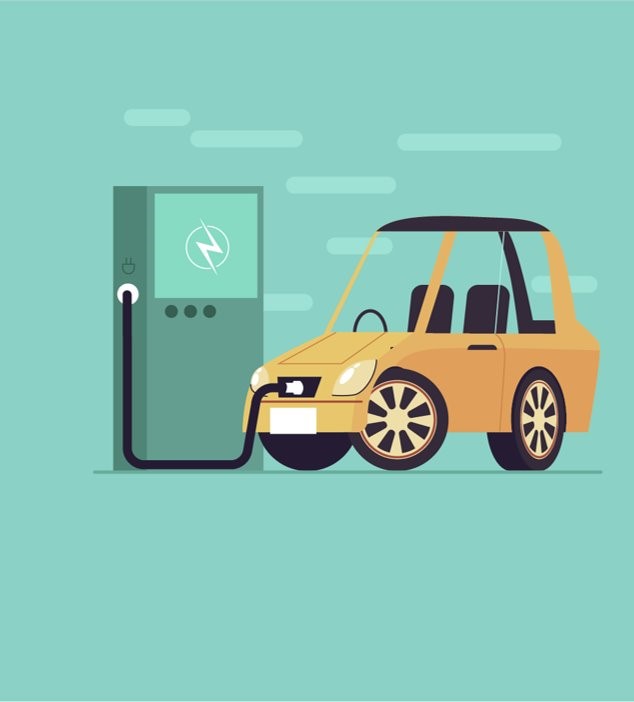
Grades 6-8, 9-12

Don't have an account yet? Sign up for free
Don't have an account yet? Sign up for free
Nearpod version available
Students will be able to:

In this personal finance lesson, students will learn about the successful Adopt-a-Highway program.
Warm-up
Prompt students with the following discussion:
“Have you ever been driving in a car and noticed a paper bag, soda can or other litter along the highway? You may not realize it but that highway trash is costing you and your family. What might be done to help solve this problem? In 1985, in Texas, an innovative program was developed to address the problem. It is called the Adopt-a-Highway Program. This program has now spread to many other states and even to some other countries. Have you ever thought about how long discarded litter lasts? Some things might have a longer life span than most humans.”
Assign students Adopt-A-Highway Matching Activity in ReadyAssessments. This activity is designed for students to match common types of litter with decomposition times.
Modeling
Ask students, “Were you surprised at how long some things last?” Show Decomposition Times and Litter Facts to students by sharing your computer screen or on a projector screen. Continue by stating, “Since many items last a long time, this means that discarded litter on the highways will not just decompose quickly, as some people think.”
State the following information to your students:
“Why do states hire workers to pick up trash from the highways? First, highway trash may pose a traffic hazard, especially items that can blow onto the highway. People expect to drive safely down state roads. Second, highway litter may injure wildlife, especially small animals that can get trapped in six-pack plastic rings for soda or beer. Third, litter can pose an environmental hazard as toxic chemicals can leak into soil or water as containers decompose. Lastly, highway litter is unsightly and does not attract tourists. In many states today, tourism is big business and states want to present their best appearance to tourists who drive on the state highways. Often the first impression tourists receive about a state or area is formed from the condition of the highways and roads. A key element of that impression is the amount of litter seen by the roadside. Most states have fines to discourage drivers and passengers from littering.”
Show Fines for Littering by sharing your screen or on a projector screen. Then state, “Unfortunately, these anti-littering programs based on fines have not been entirely successful. In search of a better alternative, many states have turned to Adopt-a-Highway programs to help with highway cleanup. The idea behind these programs was the brainchild of an engineer with the Texas Department of Transportation (TXDot) in Tyler, Texas.”
Individual Activity
Have students read about how the program got started by sharing the article called A History of the Adopt a Highway Program in Texas. Once students read the article, assign Adopt-A-Highway Texas Program Quiz to your class(es). The article is linked in the description of the quiz. You can also assign Adopt-A-Highway Clean-Up Cost Quiz, where students calculate the cost to the taxpayer for removing highway litter.
Go to ReadyAssessments and assign Adopt-A-Highway Quiz to your class(es). After students complete the quiz, conclude the lesson with the following discussion:
“You may have a basis for judging whether the cost of highway cleanup in Texas looks high. Texas actually spends less than some other states on highway cleanup. In 2001, Georgia spent $12 million to pick up trash and debris from its roadways. This represents an opportunity cost for the state – $12 million spent on highway cleanup that could be spent on another project or program. The state chose to spend this money on highway cleanup and their second choice or opportunity was not chosen. Think about what might be a good second choice for Georgia state legislators if they had this $12 million available? There are often economic trade-offs that occur in funding at the local, state and even national levels because dollars are limited but needs are not.”
This lesson can be personalized for students in particular states by having them look up Adopt-A-Highway programs for the appropriate state. You can also find many states’ highway cleanup costs and highway litter laws. This would make the lesson more relevant for the students.

Grades 6-8, 9-12

Grades 6-8, 9-12

Grades 9-12

Grades 9-12
